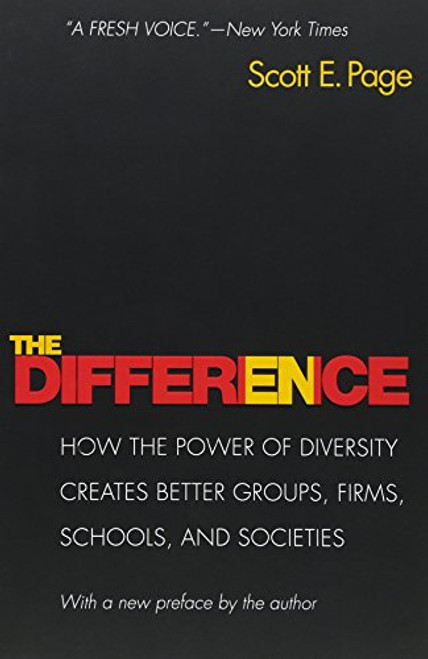Product Overview
It's not just the bully in the schoolyard that we should be worried about. The one-on-one bullying that dominates the national conversation, this timely book suggests, is actually part of a larger problema natural outcome of the bullying nature of our national institutions. And as long as the United States embraces militarism and aggressive capitalism, systemic bullying and all its impactsat home and abroadwill persist as a major crisis.
Bullying looks very similar on the personal and institutional levels: it involves an imbalance of power and behavior that consistently undermines its victim, securing compliance and submission and reinforcing the bully's sense of superiority and legitimacy. The similarity, this book tells us, is not a coincidence. Applying the concept of the sociological imagination, which links private problems and public issues, authors Charles Derber and Yale Magrass argue that individual bullying is an outgrowthand a necessary functionof a larger social phenomenon. Bullying is seen here as a structural problem arising from systems organized around steep power hierarchiesfrom the halls of the Pentagon, Congress, and corporate offices to classrooms and playing fields and the environment. Dominant people and institutions need to create a culture in which violence and aggression are seen as natural and just: one where individuals compete over who will be bully or victim, and each is seen as deserving their fate within this hierarchy. The larger the inequalities of power in society, or among nations, or even across species, the more likely it is that both institutional and personal bullying will become commonplace. The authors see the life-long psychological scars interpersonal bullying can bring, but believe it is almost impossible to reduce such bullying without first challenging the institutions that breed and encourage it.
In the United States a system of intertwined corporations, governments, and military institutions carries out systemic bullying to create profits and sustain its own power. While acknowledging the diversity and savagery of many other bully nations, the authors contend that America, as the most powerful nation in the worldand one that aggressively promotes its system as a modelmerits special attention. It is only by recognizing the bullying built into this model that we can address the real problem, and in this, Bully Nation makes a hopeful beginning.







